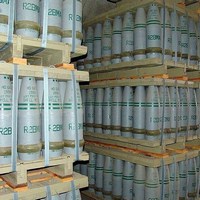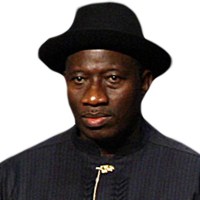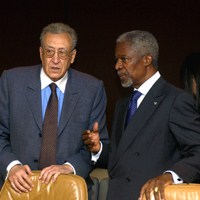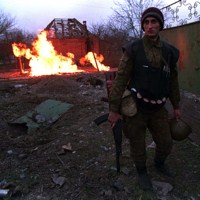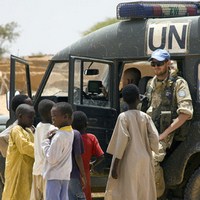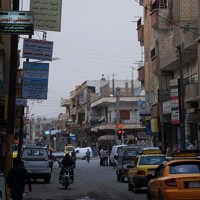
With the introduction of multiparty politics, and in particular with the adoption of the 1961 constitution, civil-military relations in Turkey came to be characterized by a duality of governance: a powerful military with an autonomous influence over politics alongside a weak civilian government, reduced to a virtual facade by the presence of the military. The military, and the small civilian elite that worked closely with it, basically called the final shots on major issues. Matters of high politics, such as foreign policy, national security and overall strategic vision, were managed by the military-centric “state,” while issues of low politics, such […]

